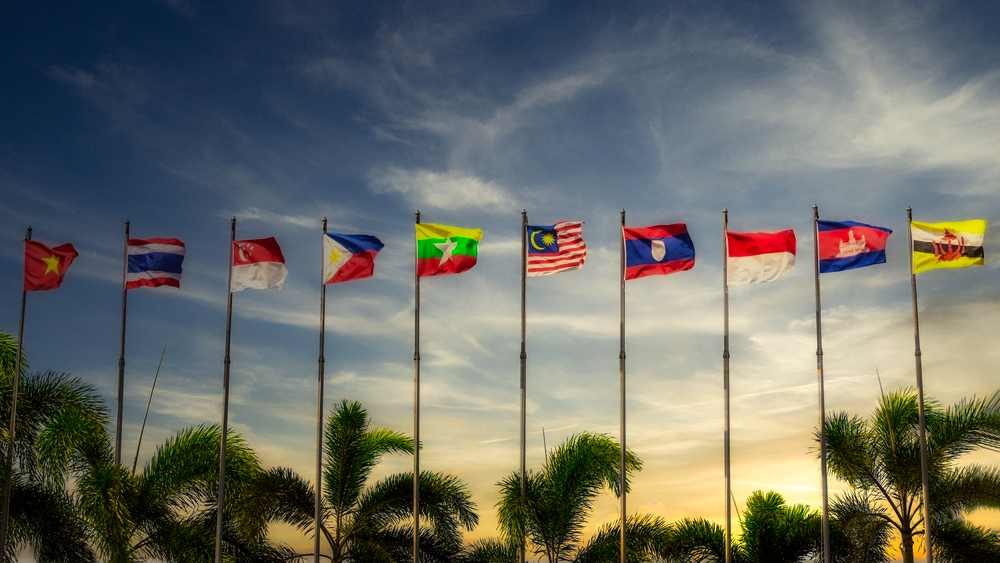In the upcoming general election on May 14th, 2023, several political parties have launched campaign policies to woo elderly voters, who are expected to play a crucial role in determining the outcome of the polls.
Thailand is facing an ageing population crisis, with nearly 20% of its 66 million people being over 60 years old. This demographic trend poses significant challenges for the country’s social and economic development, as well as its healthcare and welfare systems.
Some of the key policies for helping the elderly from nine major political parties are:
– United Thai Nation Party: The party of Prime Minister Gen Prayut Chan-o-cha promises to increase the monthly allowance for the elderly to a flat rate of 1,000 baht instead of the current tiered rate of 600 to 1,000 baht depending on age. The party also pledges to build care centres for the elderly and to reduce taxes for companies that hire retired workers.
– Pheu Thai Party: The party of former Prime Minister Thaksin Shinawatra vows to improve the 30-baht universal healthcare programme to enhance care for the elderly. The party also proposes a new lottery system that could include a savings scheme for retirement by using part of the price paid for buying tickets that do not win.
– Democrat Party: The party of former Prime Minister Abhisit Vejjajiva proposes that it should be compulsory for workers to save for retirement. The party also suggests that workers could withdraw money from their provident funds for buying houses or other assets. The Democrat Party advocates for extending the retirement age from 60 years and improving the healthcare system to better care for the elderly.
– Palang Pracharath Party: The party of former Prime Minister Anutin Charnvirakul calls for raising the monthly allowance for the elderly to 3,000 baht, 4,000 baht and 5,000 baht for those in their 60s, 70s and 80s respectively.
– Move Forward Party: The party of former Future Forward leader Thanathorn Juangroongruangkit promises to raise the monthly allowance for the elderly to 3,000 baht per month by 2027. The party also plans to establish a system to care for bed-ridden elderly patients, but says most of the costs should be paid by the patients. The party promises to allocate a monthly budget of 9,000 baht for care of bed-ridden elderly or handicapped people.
– Thai Sang Thai Party: The party of former Prime Minister Somchai Wongsawat pledges to gradually raise the monthly allowance for the elderly to 3,000 baht. In its initial stage, it would be applied only to the poor. The party says it would require a budget of up to 420 billion baht to cover all elderly people. The party also aims to encourage workers to join pension funds, targeting an increase from 1.1 million to 5 million.
– Chart Pattanakla Party: The party of former Bangkok governor Sukhumbhand Paribatra promises to subsidise businesses that hire retired workers. It will also allocate 50,000 baht per family for home renovations that make it more convenient for elderly people to get around. The party says the budget would be allocated to 4 million families during its first year in office if it wins the election.
– Bhumjaithai Party: The party of former Transport Minister Saksayam Chidchob will set up a life insurance fund for people who are at least 60 years old. A sick person could get 100,000 and other members of the fund would be able to borrow 20,000 each.
These are some of the policies that aim to address the needs and concerns of Thailand’s ageing population. However, some experts have questioned the feasibility and sustainability of these proposals, especially in light of the country’s fiscal constraints and economic recovery amid the Covid-19 pandemic. Ultimately, it will be up to the voters to decide which party can best deliver on its promises and ensure a dignified and secure life for Thailand’s senior citizens.








